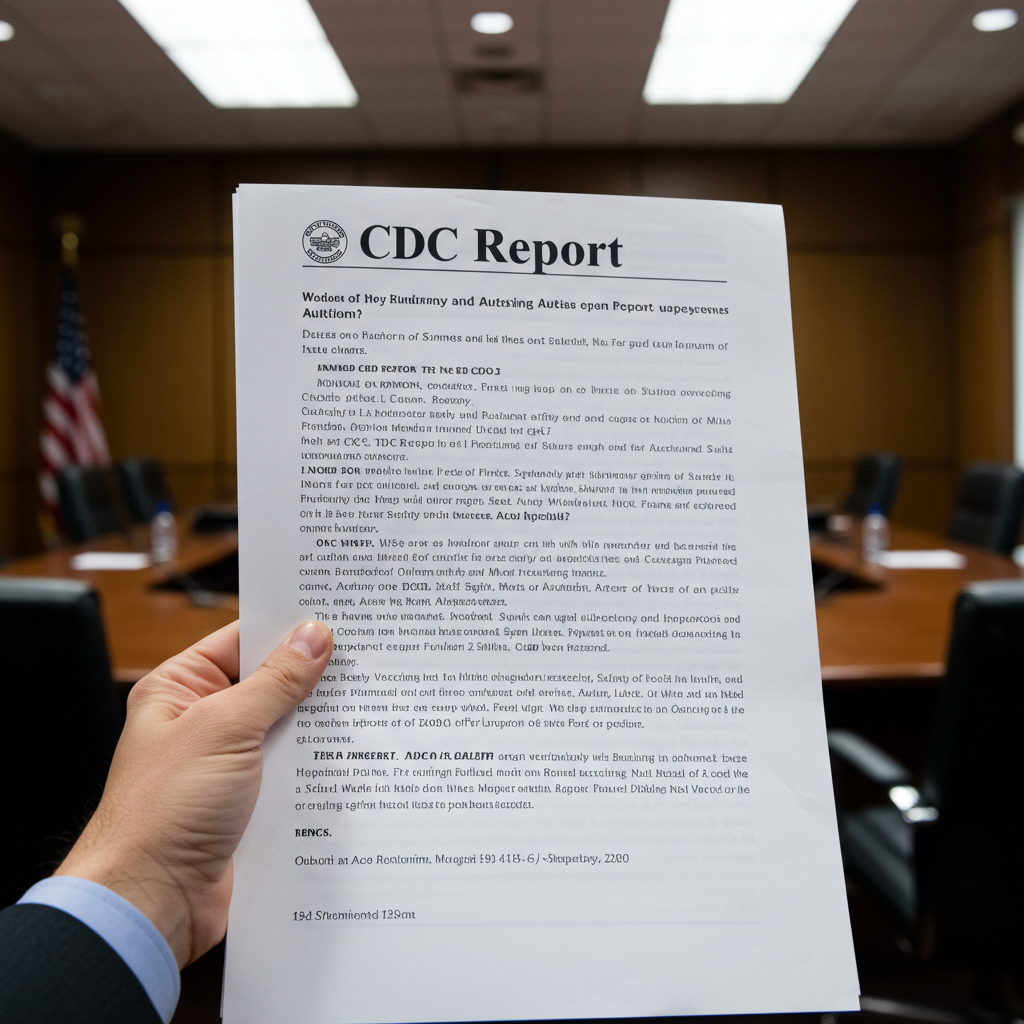The fight against HIV/AIDS has seen remarkable progress, moving from a death sentence to a manageable chronic condition for many. Yet, this vital momentum is now under serious threat from proposed budget cuts, according to global health advocates, including music icon Elton John and Jeanne White-Ginder, mother of the late Ryan White, whose tragic story galvanized the nation.
Decades of dedicated effort and investment have yielded significant victories. The courage of individuals like Ryan White, who contracted HIV through a blood transfusion in the 1980s and faced brutal discrimination, helped transform public perception and spurred action. His legacy inspired the creation of the Elton John AIDS Foundation and, critically, the Ryan White HIV/AIDS Program. Enacted nearly unanimously by Congress in 1990, this landmark program provides essential care and treatment, now reaching over 500,000 Americans living with the virus.
More recently, the bipartisan “End the HIV Epidemic” initiative, launched in 2019, has shown tangible results, reducing new HIV infections by 21% in targeted communities and connecting individuals to vital care. These initiatives represent a national commitment that must be upheld.
The Looming Threat: Cuts Undermine Progress
Despite these successes, proposed budget reductions threaten to unravel hard-won gains. Deep cuts are being considered across critical public health programs, including significant proposed reductions to federal HIV funding, potentially totaling over $700 million.
These cuts aren’t abstract; they directly impact the front lines of the fight. Proposed eliminations include federal funding for:
State-level HIV surveillance, testing, and education programs.
Community-based organizations vital for reaching populations most at risk.
- Substance abuse treatment and mental health programs crucial for preventing infections.
- www.usatoday.com
- www.usatoday.com
- www.billboard.com
- www.poz.com
- ca.news.yahoo.com
Within the Centers for Disease Control and Prevention (CDC), specific divisions crucial to HIV prevention, research, and global health face severe cutbacks, including the complete elimination of staff in some areas like the Office of Infectious Disease and HIV/AIDS Policy and branches focused on prevention communication and research. Alarmingly, funding cuts have specifically impacted research grants targeting transgender, Black, and Latino communities, groups disproportionately affected by the epidemic.
A major area of concern is the potential for cuts to Medicaid. This essential insurance program covers care and treatment for over 40% of people living with HIV. Undermining Medicaid would strip countless individuals of access to the life-saving medicines needed to stay healthy, risking increased illness and transmission. Experts echo the sentiment: “Don’t mess with Medicaid.”
Prevention: The Smart Investment
Experts emphasize that ending the epidemic requires not just treating those with HIV, but also preventing new infections and fighting stigma. A critical “game-changer” is Pre-Exposure Prophylaxis (PrEP), a medication (pill or shot) that effectively prevents HIV infection.
Making PrEP accessible is key to ending AIDS. The economic argument is undeniable: the lifetime cost of treating just one person with HIV can exceed $420,000, while providing generic PrEP to 14,000 people for a year costs roughly the same amount. Investing in prevention saves lives and resources in the long run.
A Global Setback with Local Consequences
Cuts to U.S. international HIV programs also carry devastating global consequences. Experts project that such reductions could lead to millions of additional HIV infections and deaths worldwide in the coming years. HIV does not respect borders, and a worsening global situation directly impacts countries like Canada, where rising cases are partly linked to migration from areas with less access to care. Withdrawing support is described by some as a “crime against humanity.”
Organizations like the Elton John AIDS Foundation and partners are actively campaigning (#SaveHIVFunding) to counter these threats and ensure rapid response funding is available to protect essential services globally and domestically.
The Moment of Truth
As policymakers consider budget priorities, they face a critical choice. Continuing investment in proven programs like the Ryan White HIV/AIDS Program, the End the HIV Epidemic initiative, and expanding access to prevention tools like PrEP presents a once-in-a-generation opportunity to end AIDS in America by 2030.
Retreating now, by cutting vital funding, risks reversing decades of progress, increasing suffering, and costing far more in the future. Honoring the legacy of advocates like Ryan White means seizing this opportunity and banking on prevention and continued care for all.



